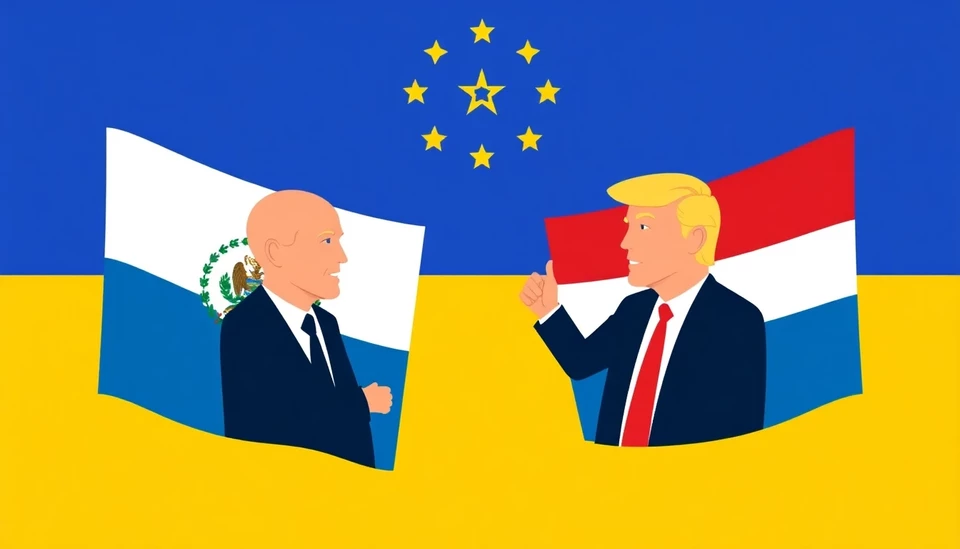
In a move that could significantly impact international trade relations, former President Donald Trump is reportedly contemplating the future of Nicaragua in existing free trade agreements. This development has been brought to light by Florida Senator Marco Rubio, who has indicated that Trump is pushing for a reevaluation of Nicaragua’s participation in such economic arrangements.
According to Rubio, the ex-president's interest stems from concerns over the political landscape in Nicaragua, particularly surrounding the leadership of President Daniel Ortega. Reports suggest that Trump's attention is focused on how Nicaragua’s governance and its relation with countries like China could affect trade dynamics in the Americas. This scrutiny reflects Trump's broader strategy in strengthening U.S.-led economic alliances in contrast to increasing Chinese influence in the region.
The implications of this discussion are considerable, as Nicaragua is a member of the Dominican Republic-Central America Free Trade Agreement (CAFTA-DR), which remains pivotal for trade between the U.S. and Central America. Any significant policy shift could not only alter Nicaraguan commerce but also impact neighboring countries that are part of this trade pact.
Rubio emphasized the need for a strategic reassessment, particularly as countries in Central America navigate their relationships with external powers. This comes against the backdrop of heightened tensions in global geopolitics, where U.S. leaders are increasingly wary of China’s economic reach into Central America and the Caribbean.
As concerns grow regarding human rights abuses and authoritarian governance in Nicaragua, Trump’s examination of trade relations may also resonate with a broader audience within the U.S., fostering a national dialogue about ethical considerations in foreign trade practices.
As the political climate evolves, both Trump’s potential decisions and Rubio’s support signal a shift in the U.S. approach to trade agreements with Central American nations. The outcome of these considerations may have lasting repercussions on U.S. diplomatic relationships, trade policies, and regional stability.
Trade experts are keeping a close watch on this situation, as the future of such agreements hangs in the balance. Stakeholders from various sectors are beginning to formulate their responses to what could be a monumental change in U.S. trade strategy.
The dialogue surrounding these developments marks a pivotal moment in U.S. relations within Central America, potentially reshaping the existing frameworks of trade and diplomacy.
#Trump #Nicaragua #FreeTrade #CAFTADR #MarcoRubio #TradePolicy #InternationalRelations #CentralAmerica #Geopolitics
Author: Rachel Greene




